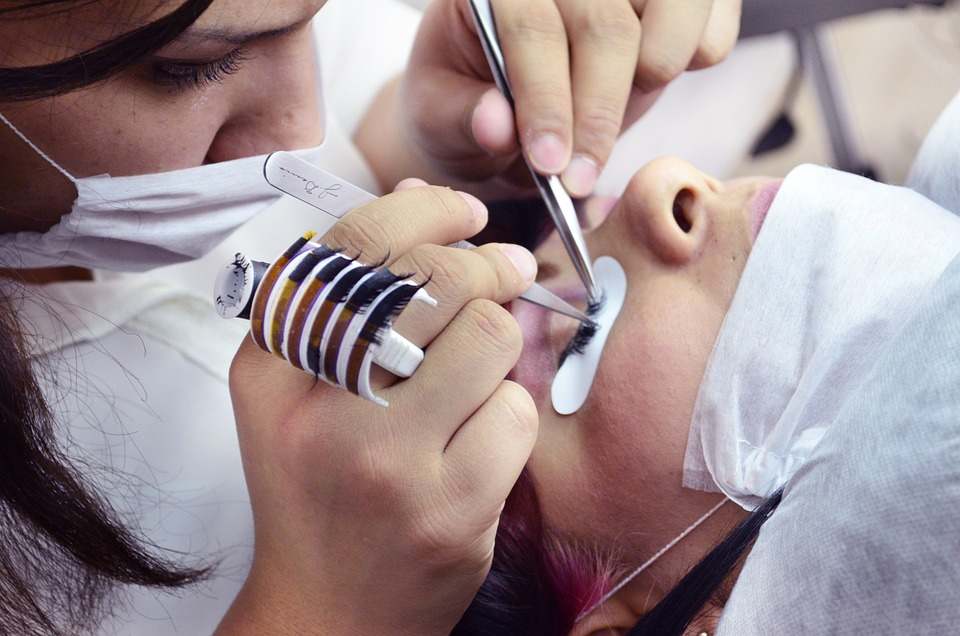From Hollywood red carpets to everyday conversations, myths about plastic surgery are everywhere. Whether you’re considering a procedure or just curious, separating fact from fiction is essential. This blog post intends to bust the most common myths about plastic surgery, providing you with accurate information to make informed decisions.
The Purpose of Plastic Surgery
Contrary to popular belief, plastic surgery isn’t all about vanity. While cosmetic enhancements are a significant part of the field, reconstructive surgery is equally vital. Reconstructive plastic surgery helps individuals who have suffered injuries, congenital disabilities, or medical conditions regain functionality and improve their quality of life.
Cosmetic surgery focuses on enhancing appearance, whereas reconstructive surgery aims to restore function after trauma or illness. Both types offer immense benefits, but understanding the distinction is crucial.
Plastic surgery, both cosmetic and reconstructive, has grown in popularity. If you are considering getting a Facelift in Toronto, you are not alone. According to the American Society of Plastic Surgeons, a staggering 18 million surgical and minimally invasive cosmetic procedures were done in the United States in 2018. But this increased popularity has also led to more misinformation about plastic surgery spreading.
- Myth: Plastic Surgery is Only for Women
While women do make up a significant portion of plastic surgery patients, the number of men seeking procedures is steadily increasing. Men are becoming more open about their aesthetic concerns and are opting for procedures like rhinoplasty, liposuction, and gynecomastia surgery. These procedures help men feel more confident and comfortable in their skin.
The rise in male plastic surgery is challenging traditional gender norms and stereotypes. Men are increasingly recognizing that caring for their appearance is not only acceptable but also empowering.
Media representation is slowly changing, showcasing men who openly discuss their plastic surgery experiences. This shift helps normalize plastic surgery for men and dispels the myth that it is a purely feminine pursuit.
- Myth: Plastic Surgery is Only for the Rich and Famous
Another common misconception is that plastic surgery is a luxury reserved for the wealthy. Plastic surgery is more accessible than ever, with various financing options available to make procedures affordable. Health insurance may sometimes cover reconstructive plastic surgery, particularly when medically necessary.
Procedures like breast reconstruction, cleft palate repair, and post-trauma reconstruction often qualify for insurance coverage. Some clinics and surgeons offer discounts, specials, or package deals, making plastic surgery more budget-friendly for those interested in enhancing their appearance.
- Myth: Plastic Surgery Results are Permanent
While plastic surgery can provide long-lasting results, it is not always permanent. Aging is an inevitable part of life, and it affects everyone, including those who have undergone plastic surgery.
Procedures like facelifts and Botox can help reduce the signs of aging, but they cannot stop the aging process altogether. Some plastic surgery results require maintenance procedures to sustain their effects. For example, Botox and fillers need periodic touch-ups to maintain their appearance.
- Myth: Plastic Surgery is Painless
The idea that plastic surgery is a painless, easy fix is far from the truth. Like any surgical procedure, plastic surgery involves discomfort and a recovery period. Surgeons use various pain management techniques to minimize discomfort during and after surgery.
Patients may receive local or general anesthesia during the procedure and pain medication to manage postoperative pain. The recovery period varies depending on the type of procedure and the individual patient. Following your surgeon’s post-operative care instructions is crucial for a smooth and comfortable recovery.
Plastic surgery is a complex and evolving field with numerous benefits and misconceptions. By debunking these myths, we hope to provide accurate information to help you make informed decisions. Whether you’re considering a cosmetic enhancement or a reconstructive procedure, understanding the realities of plastic surgery is essential. Education and open communication are crucial to achieving the best results and enhancing your quality of life.




